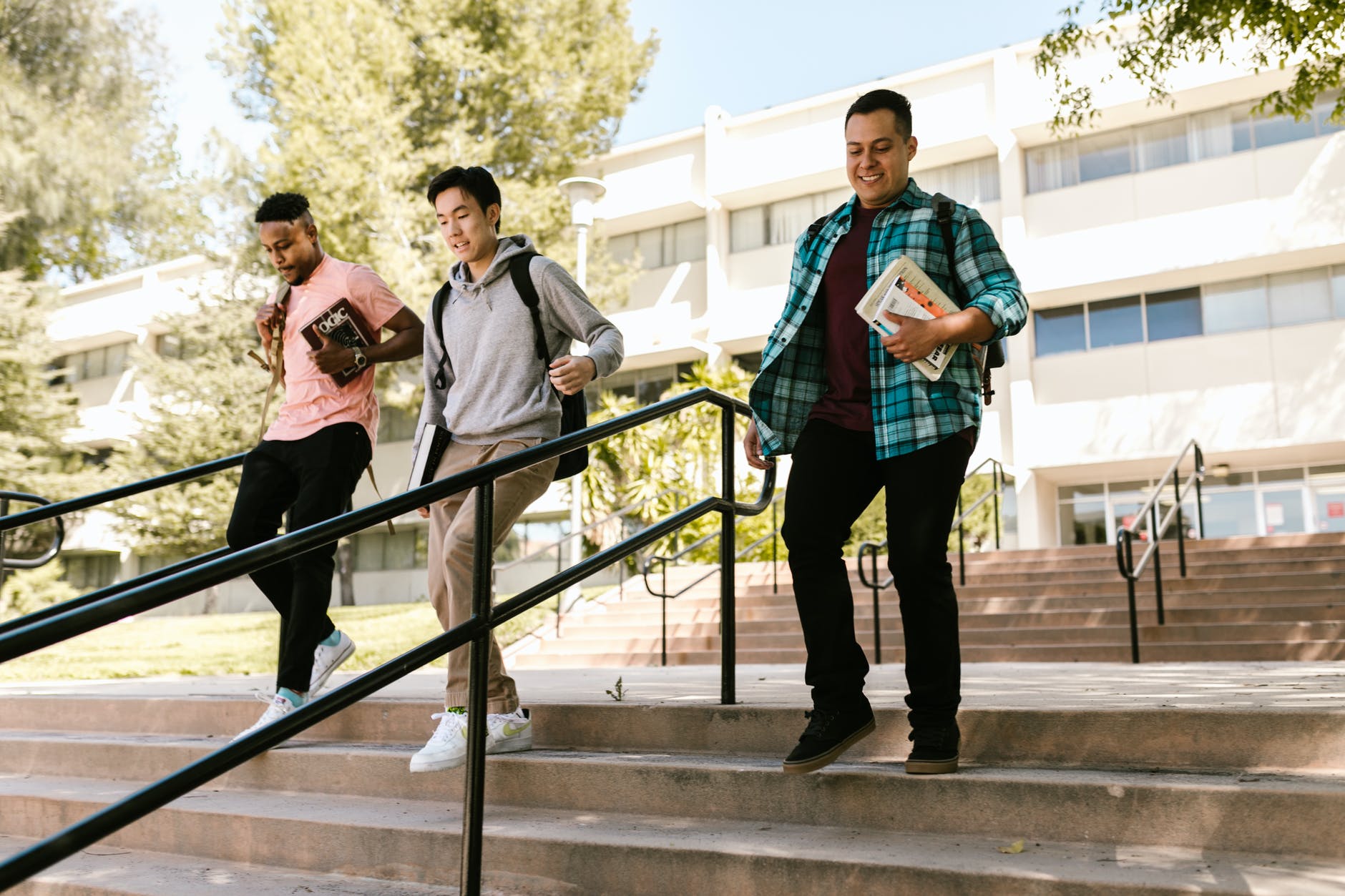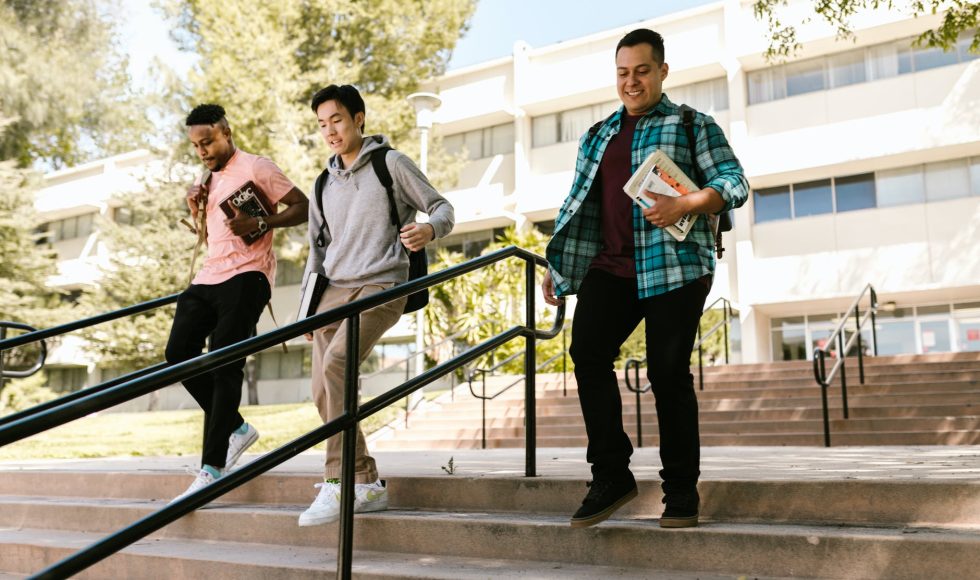I truly enjoyed another session of RLOE today. It is such a fabulous group of participants! I am learning a lot from the facilitators too! Tonight, I watched the OpenEd 2021 session entitled “Open Pedagogy: Overcoming the Public Versus Private Conundrum” that was pre-recorded and had presenters there for questions. Staci Gilpin, Julie Lazzara, and Stephanie Rollag Yoon are OER fellows. I had to read a little about the fellows program. The Open Education Group of fellows produces research and frameworks. The presenters described their study and their “lens on open pedagogy” by reviewing previous studies and research. They see that open pedagogy has two major components: a belief in the potential of openness and sharing to improve learning and social justice orientation caring about equity through open sources. Open pedagogy in community college is important to improve persistence rates in those institutions and support historically underrepresented groups. The theoretical frameworks they addressed were sociocultural, multimodality, and expectancy-value. They collected data from two community colleges and used several open pedagogy assignments. In one, groups of three or four revised a chapter to the current text used in class. For another assignment, students selected a chapter and created an infographic. A third assignment was creating a supplementary resource for the OER textbook. Their research question was: what are students’ perceptions of open pedagogy activities relative to traditional teaching approaches? The methodology was qualitative with observations of teacher candidates, artifacts from student-led meetings, and reflection responses to meetings. The analysis identified themes from the responses and connected them to observations and artifacts. The findings the group shared were three: awareness of audience, collectivist vs. individual, and context matters. Students shared varying levels of confidence sharing publicly. Public sharing with a group vs. individually made a difference. Students had more confidence sharing in a group. Students mentioned that contributing openly and willingness to do so depends on the context: working in a group/individually and course topic. Their take-home point was:
Students value open pedagogy and sharing some of their work publicly with a preference for doing so in collaboration with others.
Gilpin, Lazzara, Rollag Yoon, Open Ed 2021
The presenters recommended: helping students improve their media literacy, helping students craft social media and understanding sharing in digital spaces, and giving students options to share. I now want to read their study and enjoyed how simple they made it sound yet realize how complicated it was to coordinate these activities and code the responses!



